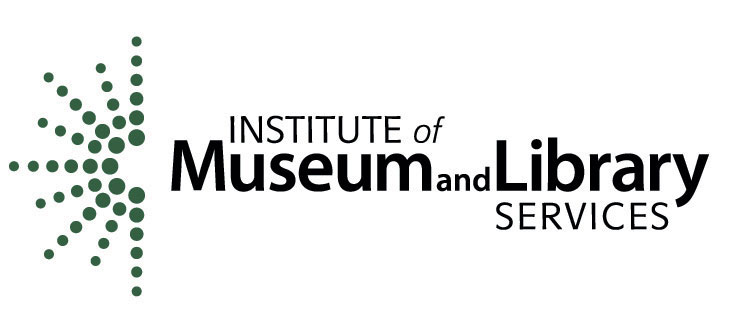
The Research Imperative: Creating a Culture of Research
An imperative underpins every profession—writers write, teachers teach. The imperative for librarians is “finding the best answer,” that is, the credible answer that draws from a reliable knowledgebase.
Librarians know and understand research. As information professionals, librarians are committed to finding the right information for the right person at the right time. Health sciences librarians engage in the research process with their customers because doing so contributes to positive patient outcomes, advances scientific knowledge, and ultimately leads to improved population health. MLA, through the Research Imperative, will support health sciences librarians in extending this commitment, this core value. And over the next five years, the association will provide opportunities for members to reach a broader range of questions and play a more integral role in developing evidence for institutional decision making.
If the Research Imperative is successful in creating a "research" culture, when MLA next reviews its research policy statement, the number of MLA members participating at all levels of the continuum of research activities open to them will have significantly increased. It will be routine for librarians in clinical settings to provide essential research support, including critical appraisal, for health practitioners. Institutional support for information resources and services in all health sciences settings will be stronger because of data collected through evaluation studies that clearly demonstrate their value to and impact on users. The health information knowledgebase will be a rich source of evidence for information practitioners.
Consequently, it will be the norm for health sciences librarians in any setting to apply the best research evidence in their own health information practice. When necessary, they will design and conduct their own applied research studies; share their findings with others through papers and posters at professional meetings, MLA’s Center for Research and Education (CORE) digital repository, or the published literature; and add to the profession’s knowledgebase. A significant number of health sciences librarians will have established research collaborations outside the library. A visible cadre of MLA members, experienced researchers, principle investigators (PIs), and co-PIs on National Institutes of Health/National Library of Medicine (NLM) grants will serve as role models and train other professionals. Librarians will be essential members of multidisciplinary teams in their institutions, contributing to a better understanding of the broad range of information management and information policy questions in the health care environment.
In clinical research settings a growing number of health information professionals/informationists will contribute to the research design, data collection, and analysis of their clinical research teams and will coauthor the papers or presentations that derive from these studies. With a dynamic and robust body of evidence, ours will be a profession of reflective practitioners (those who thoughtfully consider their own experiences and apply this knowledge to practice), where evidence is identified, applied, and assessed in a continuous loop of quality improvement with research as the critical underlying construct.
The Research Imperative is MLA's commitment to creating a supportive culture that assures the vital presence and continued growth of both individuals and the profession in the realm of information research. To make this vision possible, MLA will encourage each member's participation in the profession's research. It will foster the conditions for developing a full suite of research initiatives from applied research in small settings to examination of broadly relevant research questions. In doing so, MLA will actively advance the creation of a rich body of evidence that health information practitioners, researchers, and theorists find valuable. By providing opportunities to learn and practice these applied research skills, it also will prepare health sciences librarians to contribute significantly to information solutions in their institutions and in the larger health care community.
MLA's Research Imperative vision is guided by the association's Strategic Plan [1], which identifies research in health information science as a key part of the association's mission. Its inspiration is the association's core value, "to advance health information research and evidence-based practice" [1]. And, in conjunction with MLA’s educational policy statement, Competencies for Lifelong Learning [2], it hopes to call attention to the knowledge, skills, and abilities that health information professionals need to assure their future.
References
1. Medical Library Association. The strategic plan of the Medical Library Association. [Web document]. The Association, 1996–2006. [rev. 31 Jan 2005; cited 13 Sep 2007]. No longer available.
2. Medical Library Association. Educational policy statement of the medical library association: competencies and lifelong learning. [Web document]. The Association, 1996–2006. [cited 5 Jul 2007]. No longer available.


